How Technology is Revolutionizing Waste Disposal
How Technology is Revolutionizing Waste Disposal
In an age where the importance of sustainability cannot be overstated, we are on a constant search for cutting-edge answers to address the growing problem of waste. Technology is rising to this challenge, reshaping our perspective on waste management. This article dives into the intersection of technology and waste management, spotlighting revolutionary developments that not only pave the way for a more sustainable future but also alter how we view waste disposal. We’ll look at everything from AI-driven sorting mechanisms to compostable materials that leave no remnants, exploring how technology is transforming the critical, yet frequently overlooked, realm of waste disposal.
The Impact of Waste on the Environment
Excessive waste generation is a major environmental hazard. Overloaded landfills emit dangerous greenhouse gases such as methane, which play a substantial role in global warming. When waste isn’t properly managed, it risks polluting the soil and water, endangering ecosystems and the variety of life they support. Toxic substances from these wastes can also harm animals and might make their way into our food, presenting significant health dangers. This critical issue highlights the immediate necessity for advanced waste management strategies to lessen environmental harm and ensure a sustainable planet for the generations to come.
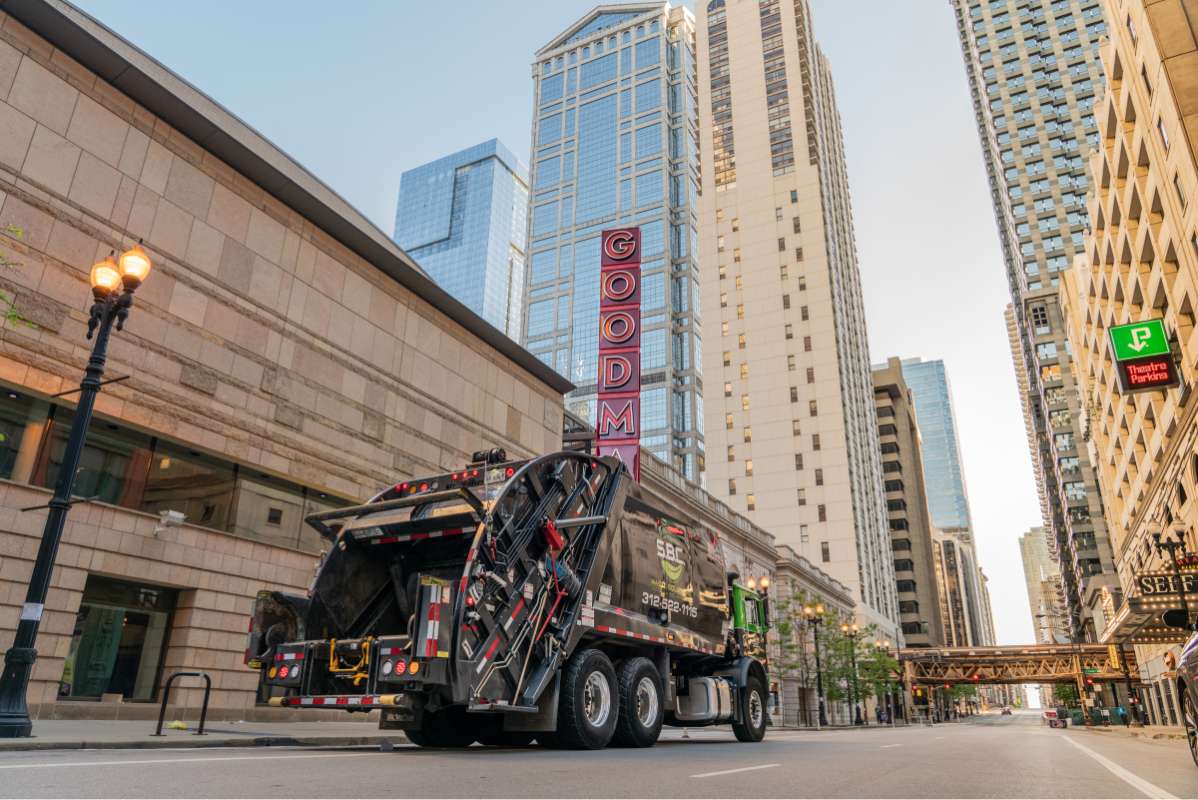
Waste Disposal
Revolutionizing Waste Management with Smart Technology
In the battle against escalating waste management issues, the deployment of smart bins and cutting-edge waste sorting systems is emerging as a pivotal solution. These technologically advanced bins are designed with integrated sensors and make use of the Internet of Things (IoT), revolutionizing how waste is collected. This innovation facilitates timely waste collection by alerting the relevant services as soon as they reach capacity, thereby eliminating overflow and reducing unnecessary pickups.
These smart bins are further enhanced with the capability to autonomously categorize waste at the point of disposal. They effortlessly differentiate between recyclables, organic waste, and other kinds, streamlining the recycling process and minimizing the need for manual sorting.
The advent of artificial intelligence (AI) and machine learning in waste sorting technologies has significantly elevated the efficiency of waste separation. Through these technologies, materials are sorted with remarkable precision and at speeds that far exceed human sorting abilities. This leap in automation not only bolsters recycling efforts but also plays a critical role in reducing contamination—a significant issue that undermines the effectiveness of recycling by degrading the quality of recyclable materials.
Ultimately, the introduction of smart bins and advanced sorting technology represents a groundbreaking approach to addressing waste management challenges. These innovations stand at the forefront of efforts to enhance environmental sustainability by offering smarter, more efficient waste disposal solutions.
The Role of Robotics in Revolutionizing Waste Management
The waste management industry is witnessing a significant transformation, thanks to the integration of robotics technology. Robotic solutions, including automated arms and drones, are stepping in to take on tasks that were traditionally hands-on and fraught with risks. These advanced robots are designed to thrive in the challenging settings of waste facilities, where they sort and move waste with unmatched precision. Their ability to operate continuously enhances the speed of waste sorting, minimizes the reliance on human labor, and lessens the danger of coming into contact with hazardous materials. The incorporation of machine learning into these robotic systems enables them to consistently improve their sorting abilities, leading to a more efficient waste management process. This fusion of robotic technology with waste management practices heralds a new era of safer and more effective waste disposal methods, steering us closer to achieving sustainability goals.
Innovative Approaches in Waste Recycling
The advancement in the methods used for recycling marks a significant turning point in the practices of waste management, steering us closer to achieving our sustainability goals. State-of-the-art recycling methods including chemical recycling, pyrolysis, and enzymatic breakdown are altering the landscape of waste handling, with a notable impact on plastic waste. Through chemical recycling, plastics are reduced to their basic molecules, offering the chance for endless recycling without diminishing the material’s quality. Pyrolysis converts waste into valuable commodities such as bio-oil, syngas, and char under heat in the absence of oxygen, showcasing a viable option for turning waste to energy. Furthermore, enzymatic breakdown uses custom-made enzymes to decompose plastics, serving as an environmentally friendly substitute to conventional recycling processes that typically require intensive mechanical procedures. These groundbreaking technologies improve not just the effectiveness of waste recycling practices but also broaden the horizons for repurposing waste materials, greatly minimizing our ecological footprint and guiding us towards a more eco-conscious future.
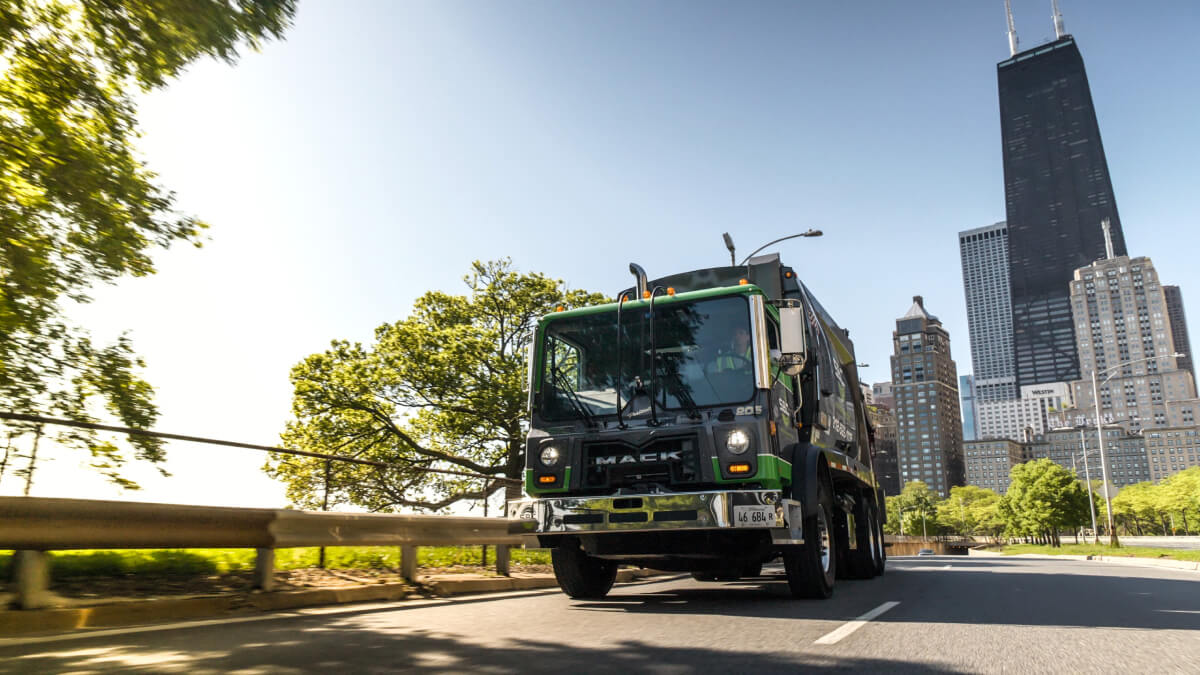
Waste Disposal Service
Turning Trash into Treasure: Lighting the Way with Waste-to-Energy Solutions
Transforming trash into a valuable energy source marks a monumental shift in how we deal with garbage and meet our energy demands. The fascinating process known as waste-to-energy (WtE) allows us to turn non-recyclable trash into useful resources such as heat, electricity, or fuel. This is achieved through several innovative techniques, including burning, gasifying, pyrolyzing, digesting without oxygen, and capturing gases from landfills. Not only does WtE provide a clever answer to the ongoing challenge of limited landfill availability, but it also plays a crucial role in cutting down the greenhouse gasses typically emitted through conventional trash disposal methods. By tapping into the hidden power of everyday waste, this approach not only conserves our precious natural resources but also lights the path toward generating sustainable, renewable energy. Viewing waste as a valuable asset rather than an issue revolutionizes our perspective on waste management and highlights a significant leap towards a more sustainable future.
Technological and Community Initiatives for Environmental Sustainability
The movement towards a more sustainable Earth is seeing growing importance in both community engagement and digital applications within the realm of waste management. Cutting-edge apps are enabling people and groups to contribute actively to diminishing waste and enhancing recycling processes. These digital tools streamline the process of sharing, repurposing, and correctly disposing of goods, thereby nurturing a culture of participation in environmental preservation. For example, certain apps provide connections to nearby recycling hubs or spell out the steps for recycling various materials, simplifying what can often be a complex process. Additionally, by promoting a culture of donation over disposal, some apps play a pivotal role in slashing waste quantities.
Similarly, grassroots initiatives, bolstered by these tech advancements, are making noticeable impacts in fostering eco-consciousness and proactive environmental behaviors. Actions such as community clean-ups, workshops on maintaining a zero-waste lifestyle, and local contests to boost recycling are being propelled by the power of social networks and apps. This melding of technology with communal activities not only elevates the efficiency of waste management tasks but also cultivates a shared ethos of responsibility and cooperative effort among individuals for a greener tomorrow.
In summary, the move toward environmental sustainability is significantly boosted by the blend of advanced technologies and community-led efforts in managing waste. Introducing robotics for sorting waste, pioneering recycling techniques, converting waste into energy, and leveraging digital platforms to rally community involvement encapsulate a comprehensive strategy to overcome the hurdles associated with waste disposal. Viewing waste as a valuable resource rather than a problem, these technological and methodological innovations not only enhance the efficiency and safety of managing waste but also support natural resource conservation and minimize greenhouse gas emissions. Our commitment to continued innovation and cooperation brings us closer to realizing a sustainable, zero-waste future, highlighting the critical role of combined technological advancements and community actions in safeguarding our planet for forthcoming generations.
https://www.google.com/maps?cid=4180240075447051620





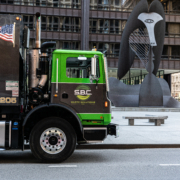
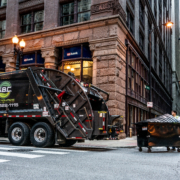

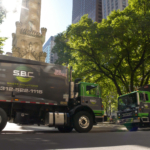
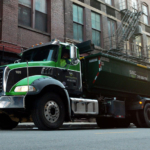
Leave a Reply
Want to join the discussion?Feel free to contribute!